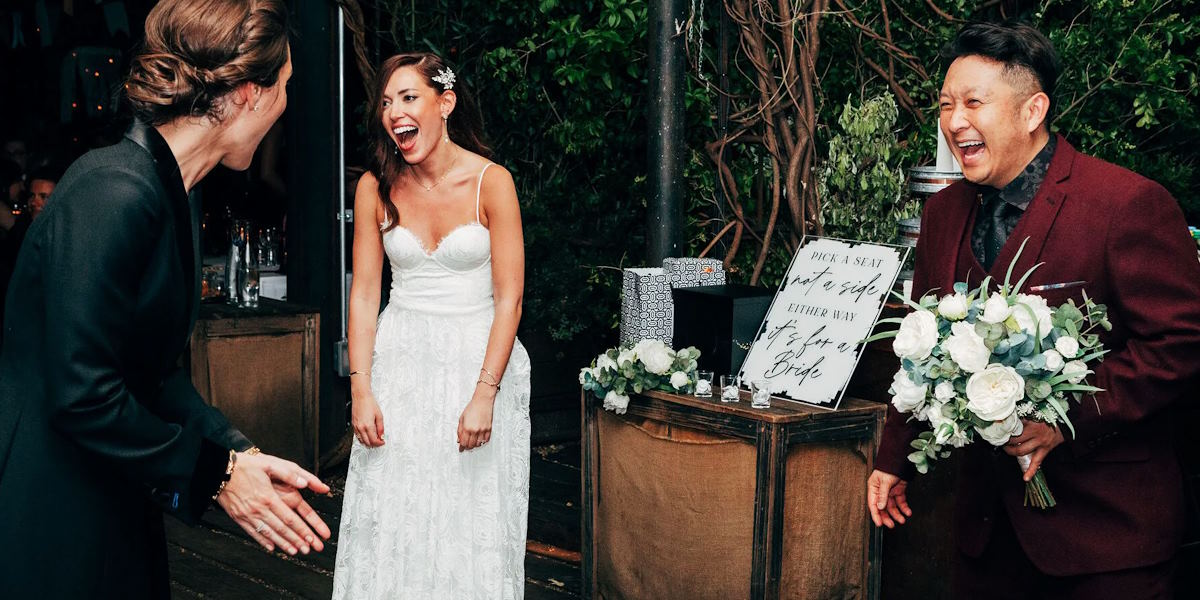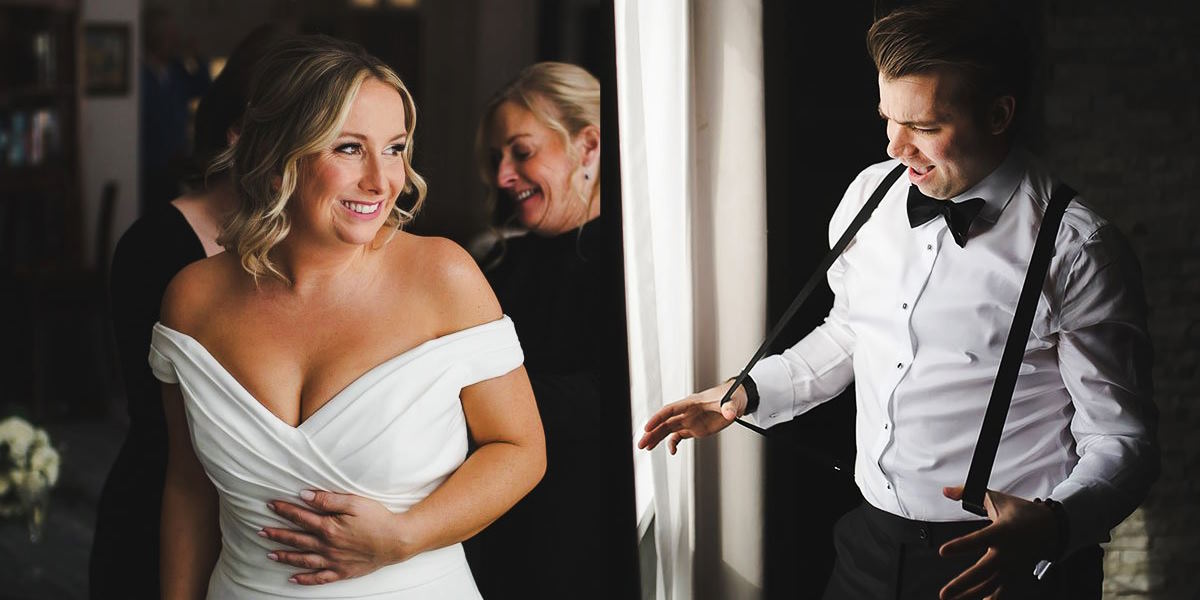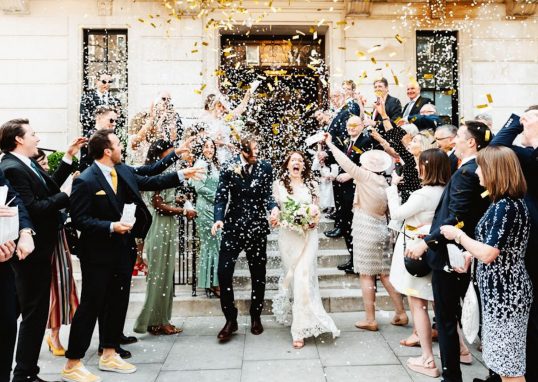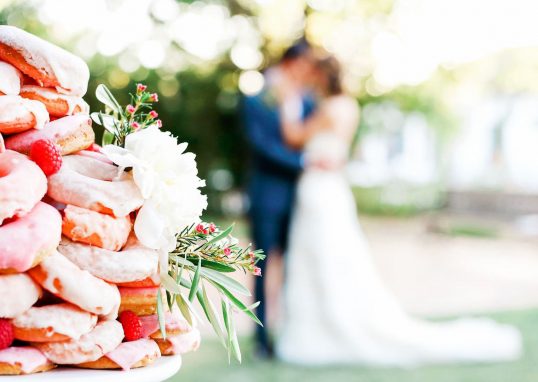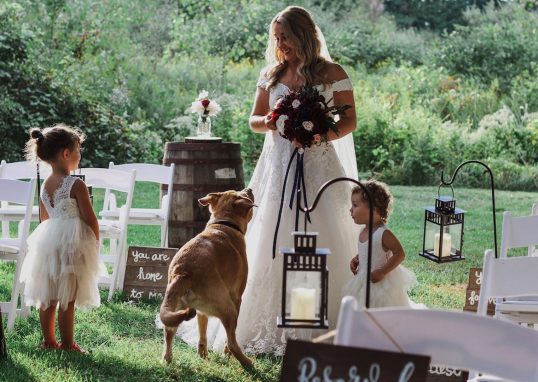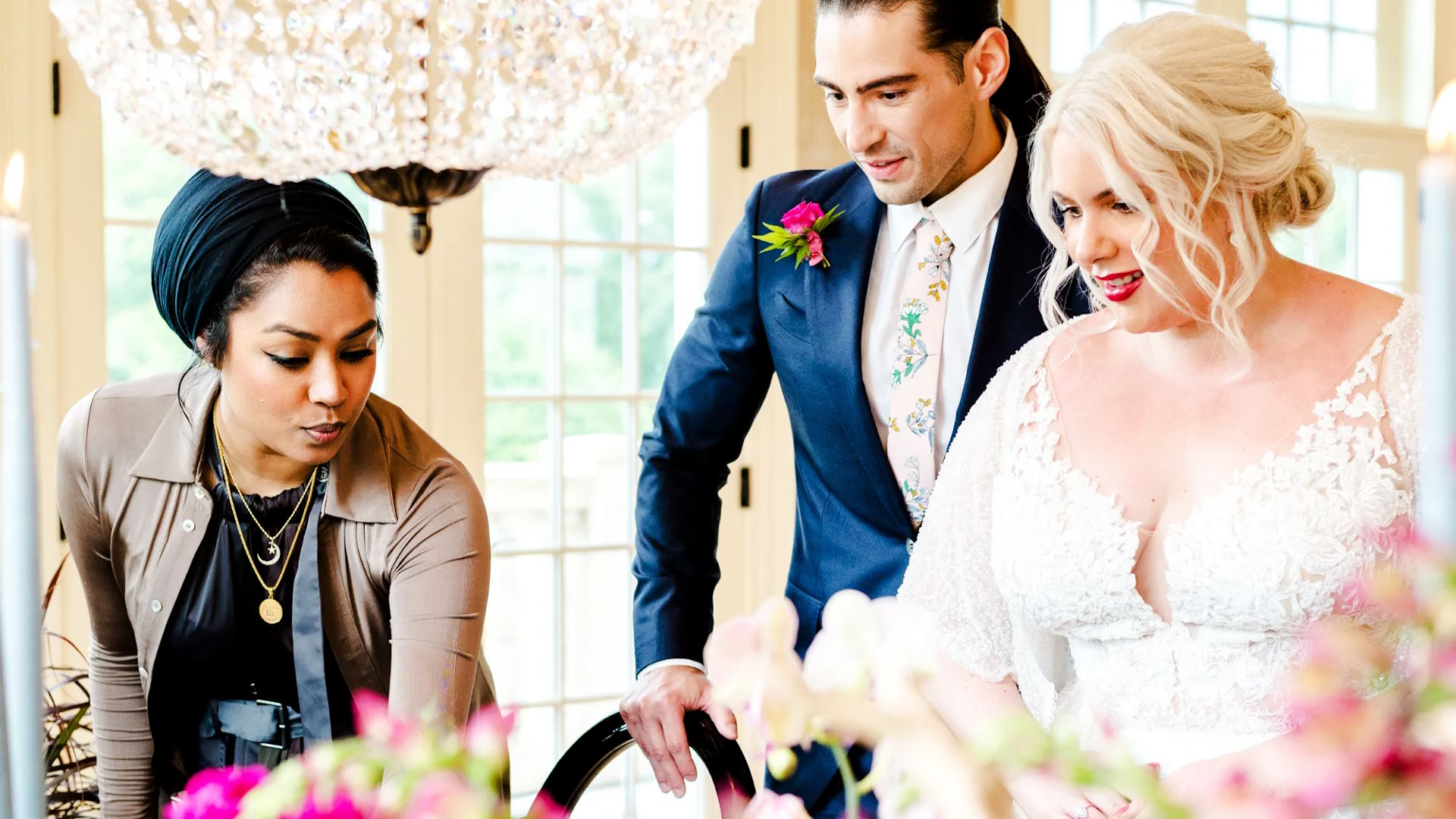
Your wedding day is one of the most special moments of your life, and you want everything to go just right. But how do you ensure that every little detail, from the flowers to the food to the music, aligns with the vision you’ve dreamed of for months (or even years)? The secret lies in choosing the right vendors. It’s like assembling a team for a big project—each person brings their unique expertise, but they all need to work together to make your vision a reality.
Start with the Essentials: Key Vendors
When it comes to wedding vendors, it’s helpful to prioritize. Start by booking the core vendors who are crucial to the day’s success. These are the vendors who will help lay the foundation for your wedding, so they need to align with your vision.
Key Vendors to Focus On:
| Vendor Type | Role | Why It’s Important |
| Venue | The space where your wedding will take place | Sets the tone and style for the entire event |
| Catering | Food and drink services | The reception’s success often depends on great food |
| Photography | Capturing memories | A photographer can freeze special moments for a lifetime |
| Entertainment | Music and/or entertainment | Music creates the mood and keeps the energy high |
Once you have these key vendors in place, you can move on to secondary choices like florists, hair stylists, and transportation.
Research and Narrow Down Choices
You wouldn’t hire someone without checking their qualifications first, and the same goes for wedding vendors. Research is your best friend when it comes to narrowing down the options.
How to Research Vendors:
- Word of Mouth: Ask friends and family for recommendations. Chances are, someone has been to a wedding recently and can suggest a great vendor.
- Online Reviews: Look for reviews and testimonials from other couples. Websites like The Knot, WeddingWire, and even Instagram are great resources.
- Attend Wedding Fairs: Bridal shows are a great way to meet multiple vendors at once and get a feel for what they offer.
- Social Media and Portfolios: Check out vendors’ Instagram pages and websites to see their work firsthand.
Questions to Ask During Consultations:
- What is your experience with weddings of my style and size?
- Can you show me a portfolio or examples of previous work?
- How do you handle unexpected challenges?
- What are your rates and packages, and what’s included?
Make sure the vendor’s personality and style match your own. This is someone you’ll be working closely with, so chemistry matters!
Budget Considerations
Weddings can be expensive, and if you’re like most couples, you probably have a budget to stick to. Deciding how much to allocate to each vendor is essential to ensure everything falls into place without breaking the bank.
How to Budget:
| Vendor Type | Suggested Percentage of Budget |
| Venue | 30% – 50% |
| Catering | 15% – 20% |
| Photography | 10% – 15% |
| Entertainment | 5% – 10% |
| Decor & Flowers | 10% – 15% |
While these percentages may vary based on your preferences, they provide a helpful guideline. If you have to adjust the budget, prioritize vendors that are most important to you—whether that’s photography, catering, or entertainment.
Evaluate Vendor Experience and Expertise
Experience matters when it comes to wedding vendors. A seasoned professional will know how to handle all the little details, manage the timeline, and deal with any curveballs that come their way.
What to Look For:
- Portfolio: A strong portfolio gives you a sense of their style, skill, and consistency.
- References: Ask for reviews or recommendations from previous clients. A reputable vendor will have glowing feedback from past weddings.
- Professionalism: Are they responsive, timely, and organized? A vendor who communicates well is likely to be dependable on your big day.
A vendor with experience will have a calm, organized approach—especially when things don’t go according to plan. And trust me, something unexpected always happens on wedding day!
Check for Compatibility
Choosing the right wedding vendor isn’t just about what they can do—it’s about how well they fit with your personality and your wedding goals. Just as you wouldn’t invite someone to your wedding who you didn’t feel comfortable with, the same goes for your vendors. The best vendors will take the time to understand your vision and work with you to bring it to life.
Signs of Compatibility:
- Easy Communication: You should feel comfortable sharing ideas, and they should listen actively.
- Flexibility: A good vendor will be open to your input while offering their professional advice.
- Enthusiasm: If a vendor seems genuinely excited about your wedding, that’s a good sign they care about making your vision a reality.
Contracts and Details
Once you’ve found your perfect vendors, it’s time to make things official. Having everything in writing ensures that both parties are on the same page regarding expectations, payments, and other details.
Key Contract Elements to Review:
- Payment Schedule: Know when deposits are due and when the final payment should be made.
- Cancellation Policies: Understand what happens if you need to cancel or reschedule.
- Services Included: Confirm exactly what services are being provided and what isn’t included in the package.
- Timelines: Make sure you’re clear on when the vendor will arrive, set up, and complete their work.
Review contracts carefully, ask questions if you’re unsure about anything, and keep a copy of everything for your records.

